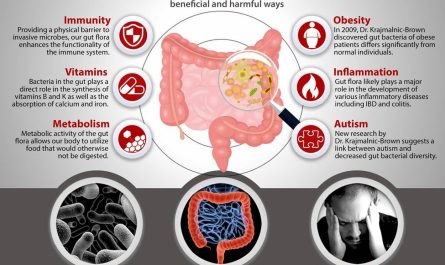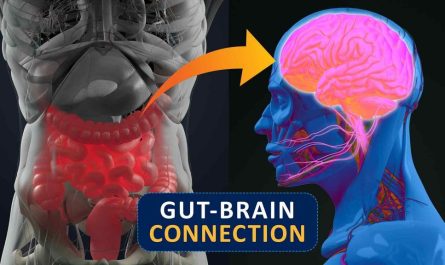Nutrigenomics is an emerging field of study that explores the relationship between genes and nutrition. It aims to understand how genetic variations interact with nutrients and impact individual responses to dietary choices.
The Role of Genes in Nutrition
Our genes play a significant role in determining our nutritional needs and responses. They influence various aspects, such as metabolism, absorption, and utilization of nutrients. Certain gene variations can affect the way our bodies process and metabolize specific food components.
Understanding these genetic variations can help us tailor our dietary plans to ensure optimal nutrition and avoid potential health risks. Nutrigenomics aims to bridge this knowledge gap and provide personalized dietary recommendations that align with an individual’s genetic makeup.
Genetic Variations and Nutrient Metabolism
Scientists have identified several gene variations associated with nutrient metabolism. For example, certain individuals may have a genetic predisposition for lactose intolerance due to variations in the LCT (lactase gene) that affect the production of the lactase enzyme, necessary for lactose digestion. Understanding such variations allows individuals to make informed decisions regarding lactose-containing products.
Similarly, variations in the FTO (fat mass and obesity-associated) gene can impact how our bodies regulate appetite and metabolism of fats. These variations can contribute to an individual’s predisposition to obesity, guiding personalized dietary interventions to manage weight and promote better health.
Personalized Nutrition
Nutrigenomics promotes the concept of personalized nutrition. By understanding an individual’s genetic makeup, experts can tailor dietary recommendations to enhance nutrient bioavailability, metabolism, and overall health outcomes.
For example, individuals with a genetic predisposition for impaired folate metabolism can be advised to consume folate-rich foods or consider supplements to meet their nutritional needs. Similarly, those with variations in the APOE gene, associated with cholesterol metabolism, may be advised to limit saturated fats in their diet to reduce the risk of cardiovascular diseases.
Implementing Nutrigenomics
Integrating nutrigenomics into practical applications requires a combination of genetic testing, bioinformatics, and expert guidance. Genetic testing involves analyzing an individual’s DNA to identify specific genetic variations related to nutrition and health.
Once the genetic information is obtained, it is processed using bioinformatics tools to interpret the data and understand its implications for personalized nutrition. Experts in the field of nutrigenomics analyze the results and provide dietary recommendations tailored to each individual’s genetic profile.
Ethical Considerations
While nutrigenomics holds great promise for personalized nutrition, it raises important ethical considerations, such as genetic privacy and discrimination. Genetic information is highly sensitive and requires strict privacy measures to protect individuals from potential misuse or discrimination based on their genetic data.
Another concern is the potential for scientific and technological advancements to create a genetic divide, where only those who can afford genetic testing and personalized nutrition interventions can benefit from this knowledge. Efforts need to be made to ensure equitable access to these advancements and promote inclusivity in the field of nutrigenomics.
Nutrigenomics is unveiling the intricate relationship between our genes and nutrition. By understanding how genetic variations influence nutrient metabolism, we can make more informed dietary choices and receive personalized recommendations for optimal health outcomes. However, ethical considerations must be addressed to ensure wide accessibility and safeguard individuals’ genetic privacy in this evolving field.




